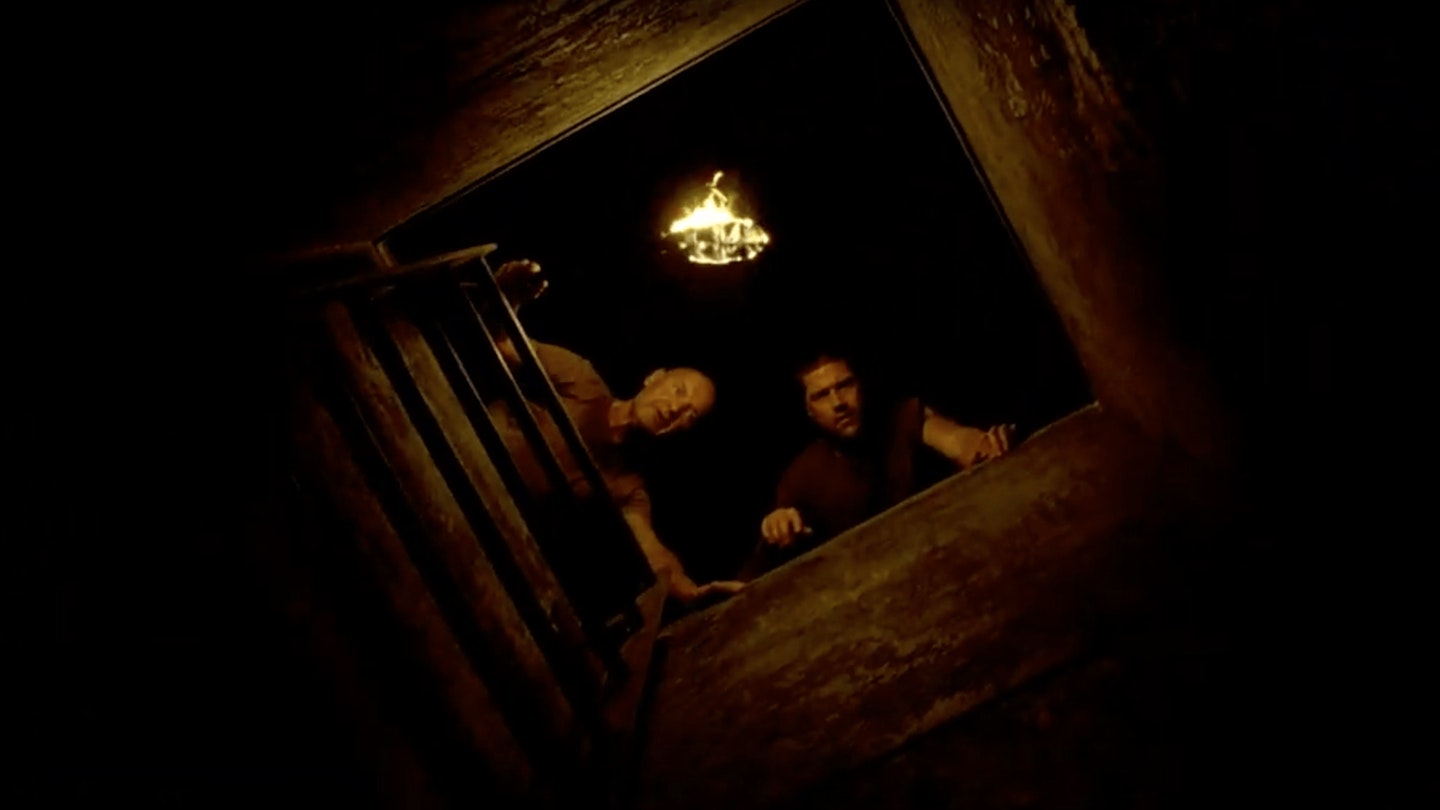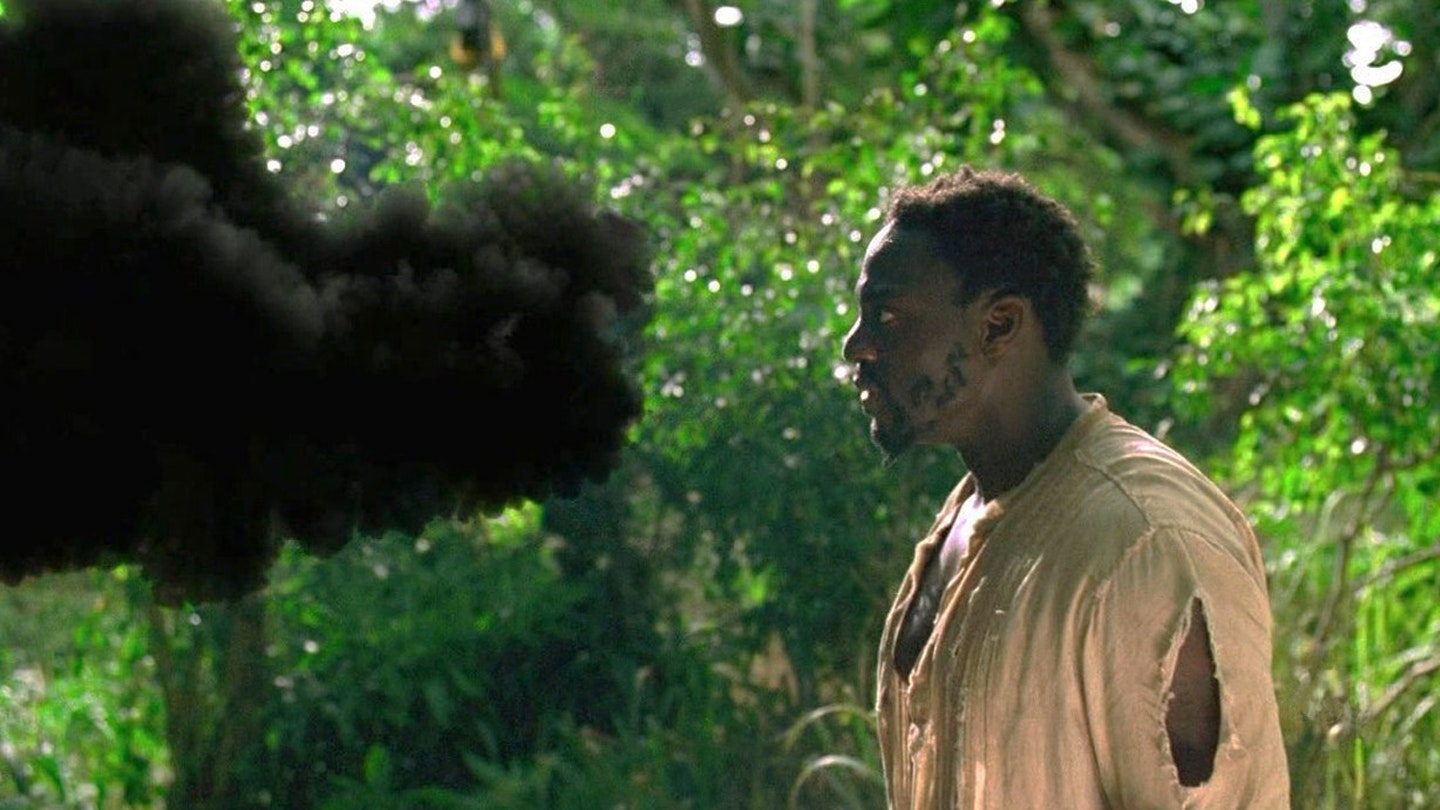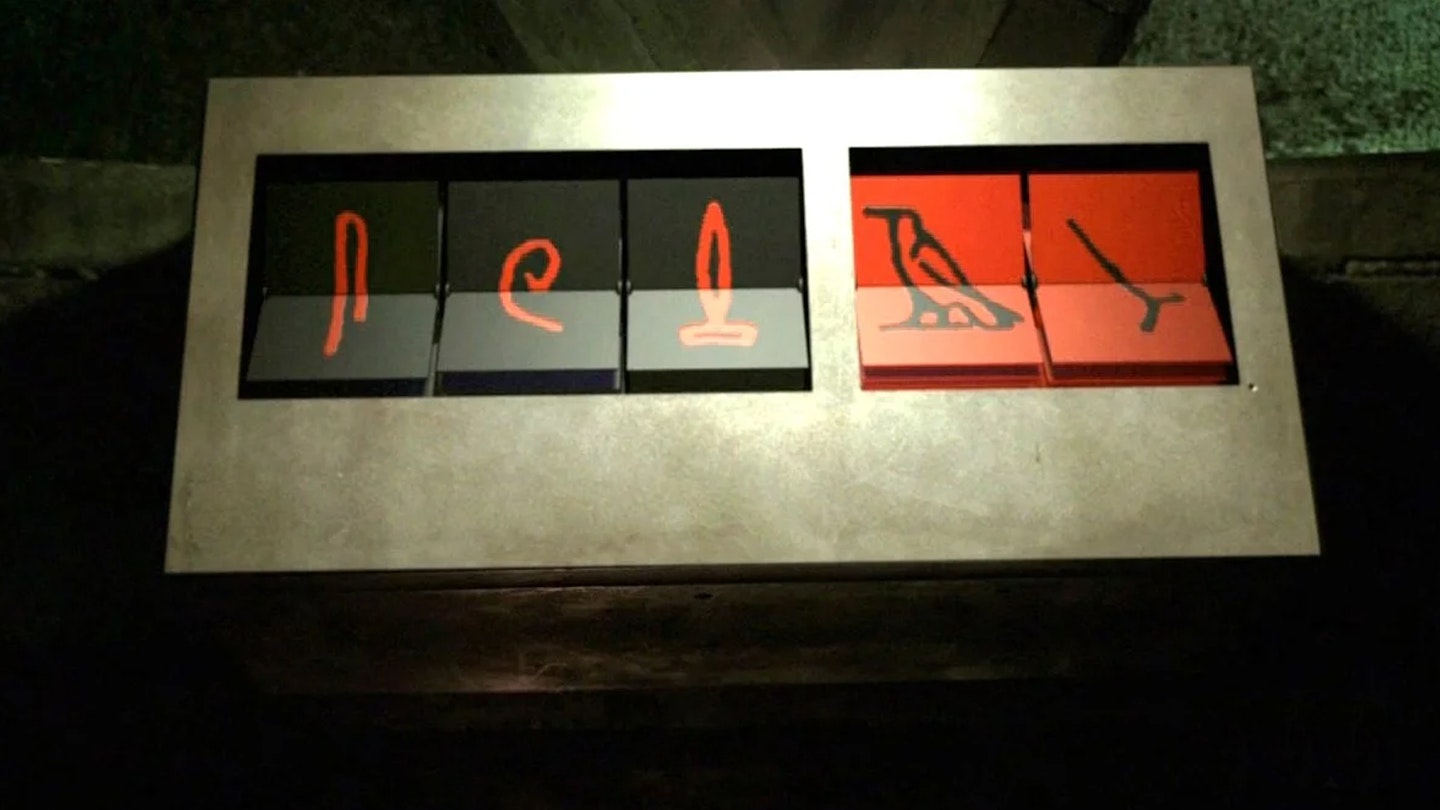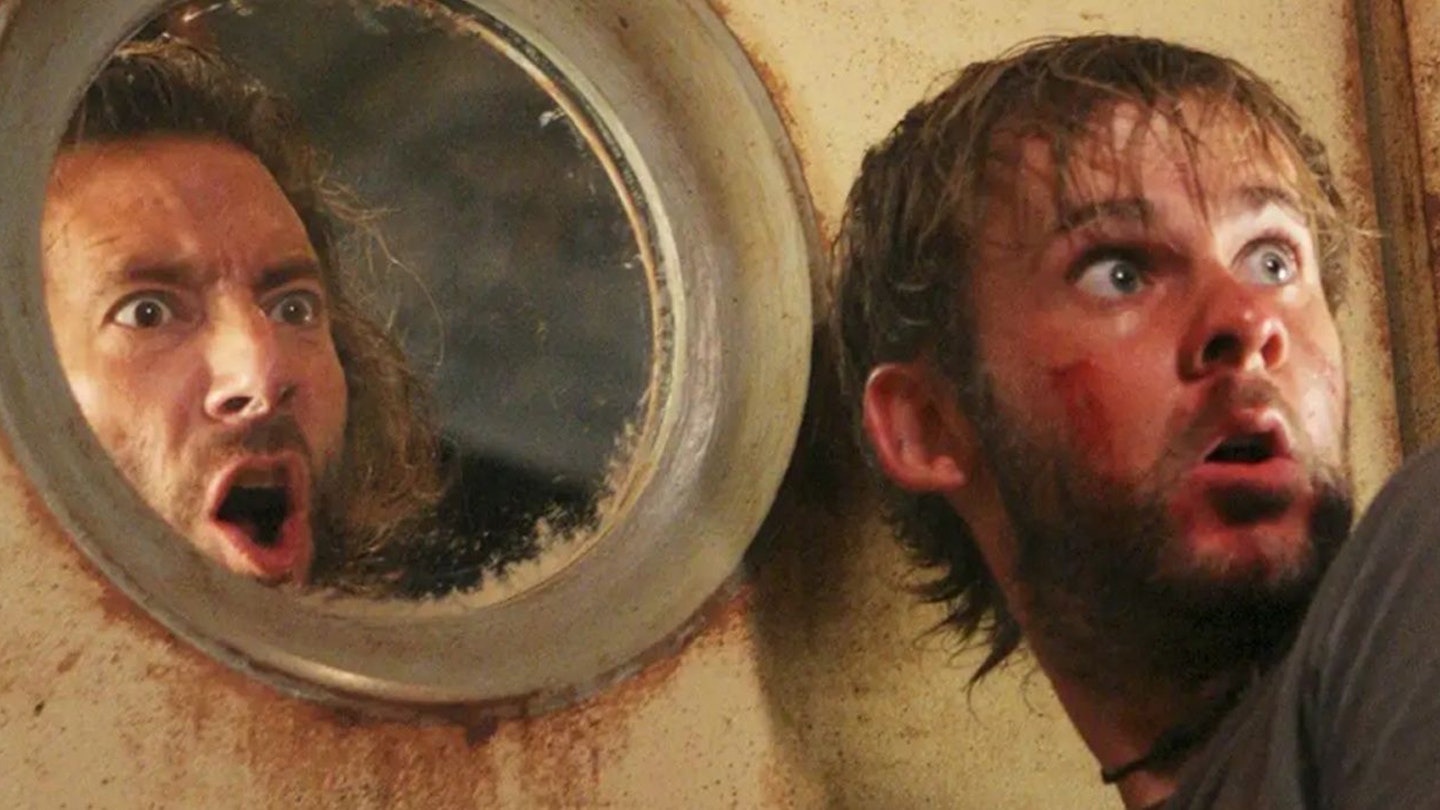“So, what were the numbers about? What’s with the black smoke? Where did that polar bear come from?” 20 years after it debuted, Lost still has people pondering what the point of it all was. The desert island drama first hooked in gigantic audiences (over 18 million viewers for its J.J. Abrams-directed pilot in 2004; 23 million at its peak) thanks to its array of compelling mysteries – not only teasing out the scandalous histories of its highly photogenic castaways, but exploring the fantastical qualities of the island itself. Whenever Lost tried answering some of those questions (the polar bear was actually resolved relatively early on), the answers inevitably led to myriad more questions – and by the time Damon Lindelof and Carlton Cuse announced a three-season endgame at the midpoint of the show, the focus for fans became all about one thing: ticking off as many solutions as possible to every question the show had ever posed.

Inevitably, Lost couldn’t answer them all. And for years, that went down as its legacy – the mystery box that maybe didn’t have anything inside after all; a series of hollow promises from creators who were simply (gasp!) making it all up as they went along. But two decades on, Lost remains a supremely bingeable work of iconic television, its constant pursuit of the next most exciting narrative avenue down which to hurtle – cohesion-be-damned – now standing as its greatest strength. With the entire series now streaming in full on Netflix, it’s the ideal time to dive back in. On a rewatch, Lost unfolds as a dizzying and addictive exercise in serialised breakneck thrills – a runaway adventure show always in pursuit of the next most exhilarating idea. And it does so while delivering stunning location shooting, a stirring Michael Giacchino score, and some of the greatest characters to ever grace the box. At the time, solving the series’ mysteries felt like the most important thing; in hindsight, it never was.
Today, Lost can exist on its own terms, a fascinating and flawed sprawl of labyrinthine mythology.
Perhaps watching Lost in the streaming era makes all the difference. When it rolled out week-by-week in the traditional network TV model, it remained largely compelling viewing. But when it hit the occasional dud patch (too many Jack flashbacks; a mid-Season 3 lull preceding perhaps the show’s greatest consecutive run of episodes into the finale), it was easy to feel that Lost was treading water, that the wheels were spinning in search of some kind of new momentum. Hitting the ‘Next Episode’ button multiple times across an evening, that issue is gone – the occasional iffy instalment (how did Jack get his tattoos?) soon gives way to some of the best writing in the entire series (the Locke and Linus tête-à-tête of ‘The Man From Tallahassee’).

And yet, Lost wouldn’t exist in this form if it was made today – it’s one of the last vestiges of network television, with 20-odd episode seasons and production schedules that saw episodes still filming while the start of the season had already aired. That sheer amount of runway allowed the writers to explore every ensemble character deeply, and for audiences to grow incredibly close to them. Narratively, it contributed to the freewheeling storytelling – often criticised at the time, since audiences were desperate to know that it was all going somewhere. Now, it’s a joy to watch something so relentlessly creative, a show frantically chasing down its own future almost in real-time – the TV equivalent of Gromit laying track as his train hurtles forward in The Wrong Trousers. The era of Peak TV has given us many all-time-greats – but it’s also given us multiple-year breaks between seasons, ponderous pacing with hour-plus episodes, and shows that simply lost momentum amid the deluge of must-sees. Lost never had those luxuries – it thundered along, barely able to catch its breath before offering another cliffhanger-packed 40-minutes.
Revisiting Lost in 2024 – wolfing down multiple episodes in a single sitting – is to realise that the answers never mattered. Twin Peaks was never the lesser for failing to explain why the owls are not what they seem, or when that gum was going to come back in style; Lost never needed to explain exactly why the island has a giant plug in it, or what the Hurley bird was. Today, it can exist on its own terms, a fascinating and flawed sprawl of labyrinthine mythology, deeply loveable characters, fantastical meanderings, lashings of hard sci-fi, and sincere spirituality. In fact, whenever Lost did get more didactic with its lore (Season 6’s Biblical origin story, ‘Across The Sea’), it proved less compelling than when merely gesturing.

As the show turns 20 years old – and rightfully experiences a cultural resurgence – audiences can take pleasure in simply being told the most ripping of yarns. The flying-by-the-seat-of-the-pants sensation that once provoked such ire is now Lost’s greatest asset – the equivalent of being sat down by a storyteller who, every so often, bellows, ‘And then!’, before picking the most unexpected and exciting narrative zag, just when you’d got a handle on the previous zig. They crash! And then, a monster rips through the jungle. And then, they realise there are Others. And then, Locke discovers the hatch. And then, they have to keep pushing a button or the world will explode (or will it?). And then… Forget the why. Does it really matter? The story itself is the reward, not any kind of rational explanation. ‘Because it’s a magic island’ is enough. And because it all matters to the islanders, who we’ve come to love.

It's ironic, in a way, that a story about the push and pull of observable science and intangible faith left viewers so intent on receiving definitive factual explanations; a tale about people experiencing the unfathomable mysteries of a mystical place, that audiences were desperate to try and fathom. Back then, we were all a little bit too Jack. Now, we can all be a bit more Locke about it – submit to the unknowable majesty of the island. Whether you’re watching Lost for the 4th, 8th, 15th, 16th, 23rd or 42nd time, there’s no debate about it: we have to go back.
